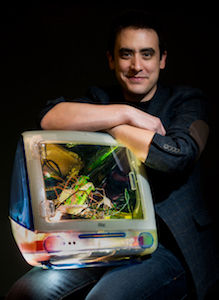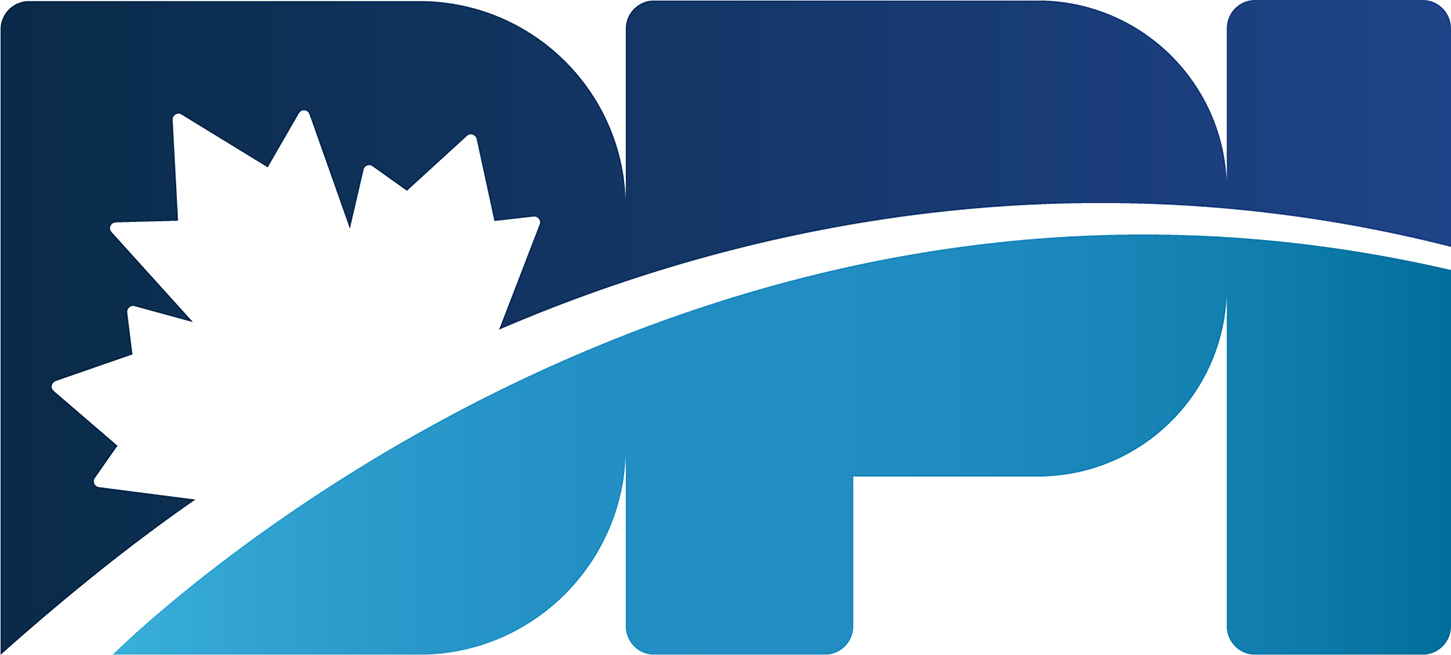Agenda:
08:30 - 09:00 - Registration and Breakfast
09:00 - 10:30 - Speaker
10:30 - 10:45 - Q&A, Thank you and Wrap-up
Seminar Outline:
Throughout history, the origins of numerous inventions and innovations can be traced to people attempting to satisfy their own curiosity, often leading to moments of failure and ultimately unexpected discoveries. It is precisely this potent mixture of curiosity and serendipity that have led to profoundly important solutions for critical problems.
How then, do we foster and harness human curiosity to drive discovery and innovation in spite of the very real spectre of failure? Ten years ago, I founded an academic research lab, as a place where my teams would “purposely work on nothing useful”. This lab became a place where questions were simply asked because they had no answer. We are not interested in applications or solving problems, rather our activities are simply driven by the unknown. Despite this unorthodox mission, we have made numerous scientific discoveries, trained a new generation of scientists, produced intellectual property, created jobs and founded four technology and healthcare companies. One of these companies is pHacktory, a for-profit research lab that only works on projects that are going to fail. We have repeatedly observed that such projects most often lead to unexpected new discoveries. Importantly, we have also developed well controlled frameworks and processes that allow our teams to quickly and efficiently manage a high-risk, likely-to-fail, project in a way that optimizes the production of new knowledge, inventions and solutions.
We have essentially been developing new ways to “de-risk stupid”, allowing teams to creativity solve unconventional problems in a 100-day process. I will illustrate our work by presenting a case-study on a recent project, Fin-Drr - “a dating app for fish”. This project is an excellent example of how an unconventional question led to an unlikely collaboration between a university professor, a high school student and a major technology company. Developing methods in computer vision and machine learning, the project will have impacts in environmental science, policy and human health.
Speaker:
 Andrew Pelling | Professor, University of Ottawa
Andrew Pelling | Professor, University of Ottawa
Award winning Scientist, Professor, Entrepreneur, TED Senior Fellow and TED speaker, Andrew Pelling has built a career on unapologetic curiosity, creativity and serendipity. Andrew is a Professor at the University of Ottawa, where he founded and directs a curiosity-driven research lab that brings together Artists, Scientists, Social Scientists and Engineers. The lab uses low-cost materials and methods to explore speculative living technologies of the future. The highly experimental Pelling Lab was the first in the world to develop plant-derived cellulose biomaterials for regenerative medicine and has even grown skins of living cells on LEGOs – innovations with the potential to redefine the limits of biology. Andrew's lab has spun out several companies including Spiderwort Inc, a company dedicated to developing plant-derived cellulose biomaterials for repairing and regenerating the human body. Andrew’s work has been in the international media spotlight for many years, with recognition in outlets such as Wired, Vice, Motherboard, The Atlantic, Scientific American, PBS, NBC, BBC and many others. He is the recipient of numerous awards, including being named a member of the TED Fellows program, a global network of visionaries chosen based on remarkable achievement, their strength of character and their innovative approaches to solving the world’s toughest problems. Andrew's leadership and experience are highly sought-after and he serves in a variety of advisory roles in many community, industry and government organizations.
This event is only open to DPI affiliates.
Free Admission / Pre-Registration Required
Registrations are required by NOON on Nov. 16, 2018.

